Jackson Pollock, Untitled (M9), 1944. © Pollock-Krasner Foundation/ARS
OVERVIEW
For more than three decades, the Pollock-Krasner Foundation has supported working artists internationally. Established in 1985 though the generosity of Lee Krasner-one of the foremost abstract expressionist painters of the 20th century, the Foundation is a leader in providing resources to emerging and established artists. To date, the Pollock-Krasner Foundation has awarded more than 5,000 grants to professional artists and organizations in 79 countries, for a total of over $87 million.
Through its individual artist grants, the Foundation provides financial resources for artists to create new work, acquire supplies, rent studio space, prepare exhibitions, attend a residency and offset living expenses, allowing them to better pursue their art. The Foundation also provides grants to organizations that directly engage with artists, such as museums and galleries by funding exhibitions and artist residency programs. The Foundation also supports exhibitions and scholarship about Krasner and Pollock artwork.
The Foundation also recognizes artistic excellence through two special awards, the Lee Krasner Award and the Pollock Prize for Creativity. Lee Krasner Awards are given in recognition of lifetime artistic achievement. In 2016, the Foundation launched the Pollock Prize for Creativity awarded to an outstanding artist whose work embodies high creative standards and exemplifies the impact of art on individuals and society.

POLLOCK-KRASNER LEGACY
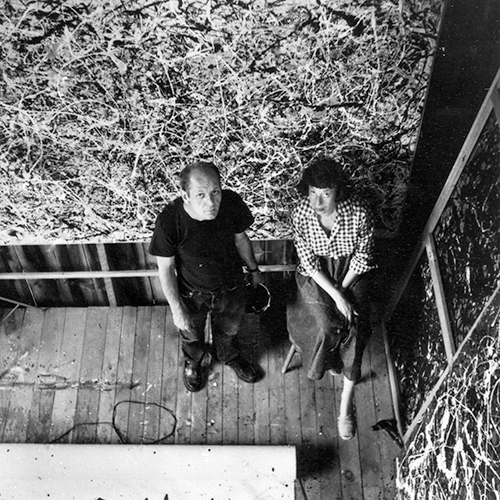
Both artists finished their training just as the Great Depression of the 1930s was devastating the U.S. economy. Millions of people were out of work, and the prospects for young unknown artists were dim. Fortunately Franklin D. Roosevelt’s New Deal administration created employment programs that included workers in the arts, and both Pollock and Krasner took advantage of them. From 1935 to 1943, the Works Progress Administration (WPA) Federal Art Project gave them, and thousands of other artists nationwide, a living wage to do the work for which they were trained. The agency’s non-discriminatory hiring policy was based on artistic merit and financial need. Freed from the demands of the commercial art market, artists made murals, easel paintings, and other works for public buildings. And they experimented with new approaches, paving the way for Abstract Expressionism’s emergence after World War II.
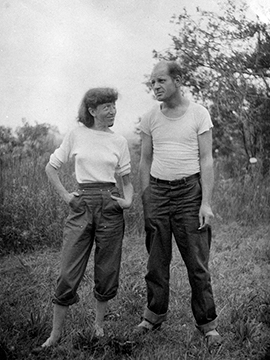
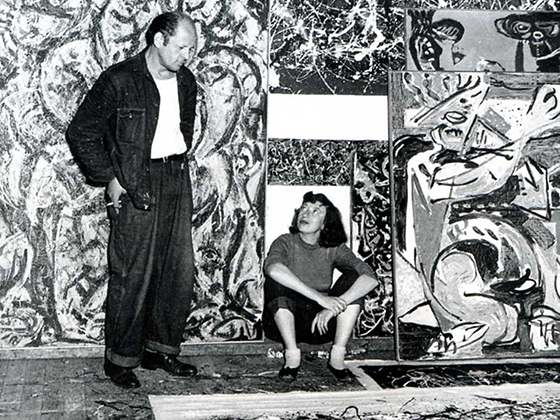
Lee Krasner never forgot the personal and professional advantages she and Pollock received on the WPA, and was mindful of the lack of such opportunities in the contemporary art world. In planning her legacy, she envisioned a charitable organization that would serve a similar function: to relieve the financial burden on recognized professional artists so they can practice and advance their work. Her prudent management of Pollock’s estate, as well as her own successful career, provided the initial funding to make that vision a reality.
-Helen Harrison, Eugene V. and Clare E. Thaw Director, Pollock-Krasner House and Study Center, East Hampton, NY
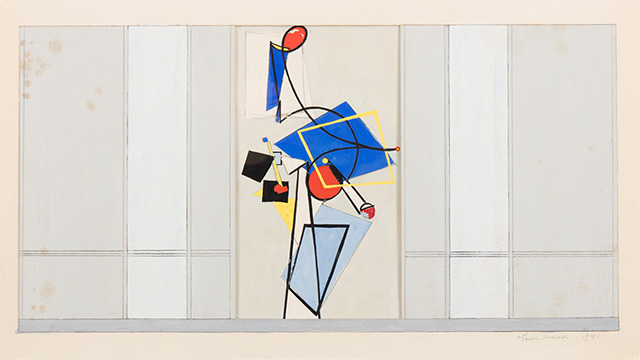
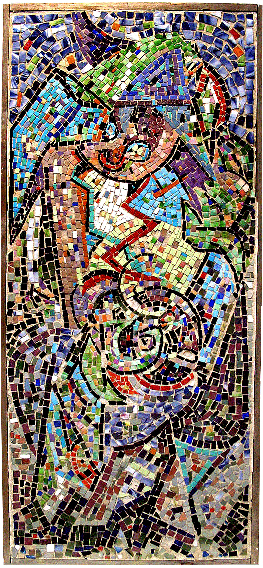
LEADERSHIP
OFFICERS
STAFF
These countries include:


